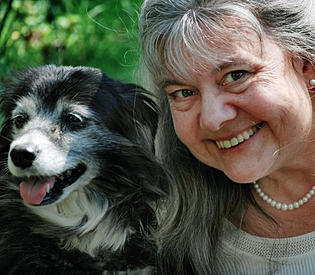I was writing an email to a friend today and found myself saying about our family, “We are all well and choose to not travel to support The Great Effort.” I like this phrase - The Great Effort. Yes, that’s what we are being asked to do and what will save us: The Great Effort.
Each word in this phrase is important.
Whether we are working on our health, a home project, parenting, our primary
relationship(s), or a community need, it usually takes “a great effort” to
reach our goals.
“Effort” is not necessarily a state we
run toward. When I explain to people that the changes they want to make for
themselves will involve work, many are sorry to hear that. We want to believe
that once we have learned something new, we can naturally put it to action with
no looking back. Those of us in recovery from addictions know well that is not
so. We know that “effort” means we will show up daily with our intentions, new skills,
new knowledge, and practice the changes we are making. It is work to remember
to do all of these things, and it is work to practice them when we easily can
slip into our usual ways. Effort is needed.
“Great” speaks to both the extent to
which I, as an individual, need to expend my energies toward the goal and to
the extent to which collective movement toward the goal is imperative. When an individual is in recovery from an
addiction, consistent and clear support from family and friends as well as changes
in their behaviors make a world of difference in fostering recovery for all.
“Great” means that when I don’t want to do something that will make a positive
difference for the larger world, I go ahead and do it. “Great” means that we
are all in this together and what I choose has an effect that ripples out and
out and out.
“The” highlights the importance of this
Great Effort. It is “The Great
Effort” needed to stop the spread of this pandemic and to give us safe spaces
to restore ourselves, our communities, and our world. This is possible and
quite likely with great effort on the part of each of us together.
Just days before the killing frost that
took my COVID garden, I gathered this box of flowers, herbs, and vegetables to
give to a friend. Each of these
varieties grew through the great, collective effort of the sun, soil, and
water. They grew through my faithfulness in their care, through advice I was
given from others about growing them, and through their natural ability to
share their garden beds with each other so they all grew well and strong – and
quite beautifully!





.jpg)






%20-%20Screened%20Porch.jpg)


